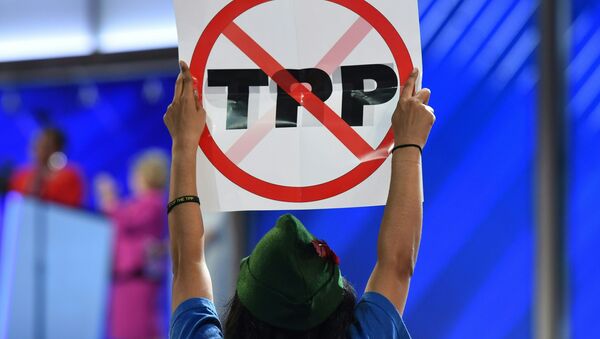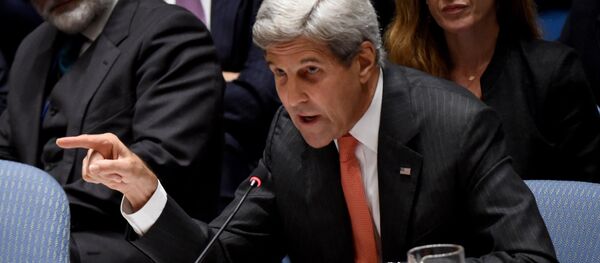“One of the key trends is the difficulty of getting free trade agreements passed in democracies at the moment. There is tremendous resistance to free trade agreements. It just seems like it’s often working against the interest of ordinary working-class people,” Short said.
Talking about finding a resolution to the South China Sea dispute through bilateral talks, the analyst said that the prospects look good.
“Under the new Philippines President Duterte, the country has achieved some sort of resolution and that has dissipated the conflict a bit.”
He said that the bilateral talks will probably lead to China turning toward Vietnam, which is another main claimant in the area.
The analyst further spoke about what role could Russia play in resolving regional tensions saying that the Philippines is looking for allies and friends and Russia could play a major role in organizing the geopolitical order in the area.
“Russia could play an important role in resolving regional tensions in the region as a member of APEC although up until now Russia hasn’t played a major role in east-Asia or in the South China Sea dispute,” Short said.
The analyst also discussed how the “collapse of TPP may leave the door open for China.”
“Under the TPP agreement, China was purposely left out. So the collapse of the TPP may leave space for China to propose a new free trade arrangement.”
He further spoke about how under the presidency of President-elect Donald Trump, the US and China may have a confrontation on two matters related to trade.
“The first confrontation will be on trade matters related to the US demands that China have a much more market-determined exchange rate for its currency. China has already been moving in that direction but there is a real fear of currency manipulation which leads to higher prices on imports from other countries,” Short said.
He said that the second issue is that of China dumping cheap goods on the world market but “Trump is above all an asserted businessman who likes bilateral deals, it feels like he can do good deals with foreign governments, so I think there will be some trade rhetoric against China but also a sense of hopefully working together,” the analyst concluded.



